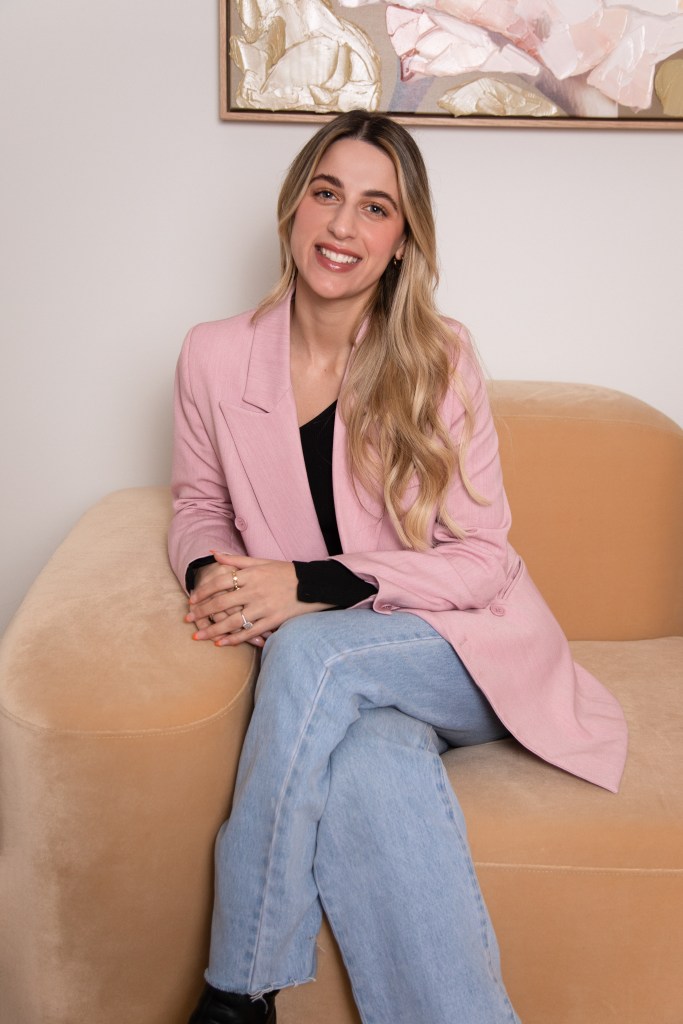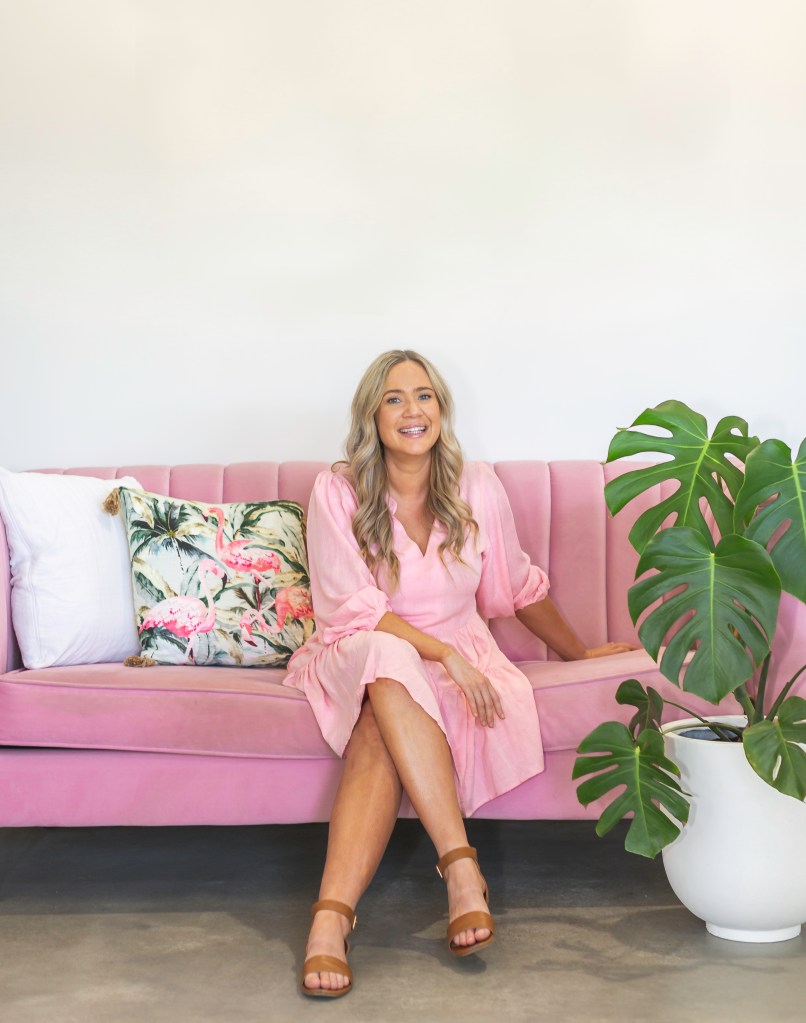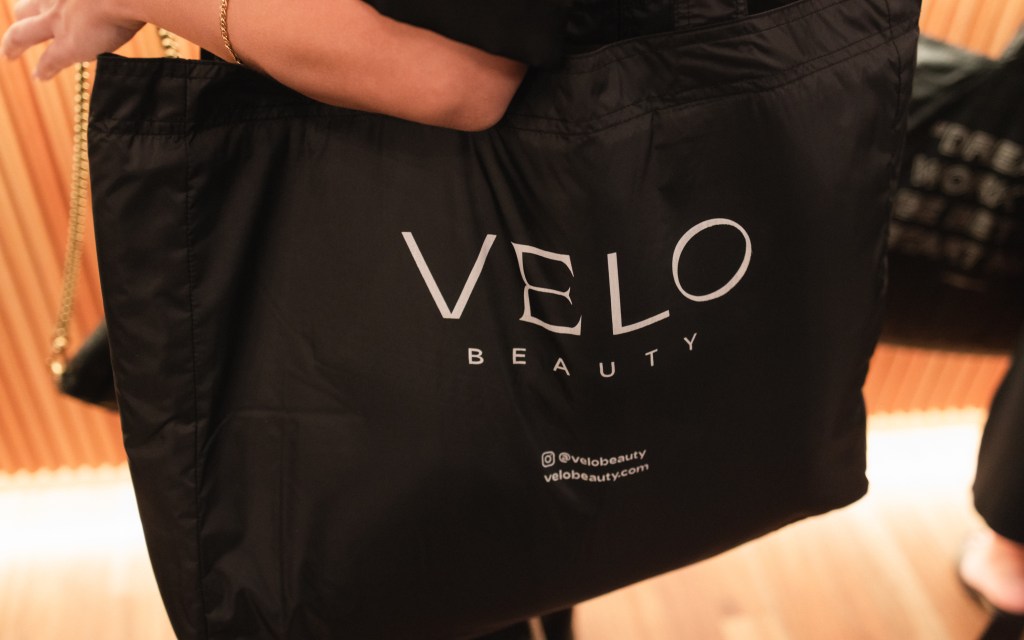What’s the future of beauty? Kinder, more natural, safer products that have the environment in mind are forging ahead.
What is the future of beauty? When the economy was booming and consumer confidence was high, premium skin and haircare brands were cruising.
But in times of economic turmoil, with inflation currently high and consumer confidence falling throughout the world, consumers are looking for something different. The importance of sustainable beauty brands that focus on vegan and cruelty-free ingredients, recycled packaging and e-commerce marketing direct to the customer has been growing.
L’Oreal shares suffered the biggest fall in seven months last week, punished by investors after it said its luxury brands, including Lancome and Shu Uemura, grew by 4.6% in the third quarter. It’s the first time since 2020 that the top line sector dropped below its mass market division, according to Bloomberg data.
Marketing used to be all about luxury, but times are changing. L’Oreal is reaching out to customers with a different message to try to boost loyalty, tweeting: “We act to protect the beauty of our planet. Currently, more than half our PET plastic packaging is made from recycled materials. By 2030, 100% of the plastic used in our packaging will be either from recycled or bio-based sources.”
In Australia, total sales of beauty products are around $22 billion every year and online beauty product shopping has been predicted to rise to 40% of the market this year from 36% in in 2021. However, online beauty retailer Adore Beauty gave a trading update last week and sales were down 29% on the previous corresponding period, when much of Australia was in Covid lockdown. Revenue at the company has grown over the two most recent quarters to $45.4 million, but customers are turning elsewhere.
So where are they going? E-commerce haircare, skincare and beauty brands are developing loyal followings from customer product reviews, authentic marketing and personalised customer service. They are highlighting clean ingredients and a more natural and holistic approach to how they develop and produce what they are selling and the packaging they use.

Priscilla Hajiantoni, founder of Bangn Body, says a beauty business has to lead with purpose. “Everything that was on offer when I was growing up and struggling with my skin was harsh and chemical based, or steroid based. Society wasn’t as welcoming to changes in the market 15 years ago. So I became the guinea pig for Bangn Body because I needed something that could treat my skin with all of the sensitivities I had lived with for much of my life. There was enough saturation and enough complication in the market of what had always been on offer. There was not enough cruelty-free, vegan products that actually gave the results that they claimed.
“Over the years, I’ve learned what aligns with our customers’ values and what aligns with my values,” Hajiantoni says. “We source effective, potent ingredients that are derived from fruits, plants, grains and seeds and we decided to drive that ‘less is more’ philosophy.”
Kayla Houlihan, who founded Tribe Skincare, has pivoted with the way she markets her products, and it has had a dramatically positive effect.
“We were spending $500 a day on digital advertising across the various platforms. We turned them all off and three months later we are currently doing the best figures we have ever done in the history of the business,” Houlihan says. “It is the first time in five years we have had no digital advertising.”

Houlihan admits that it would be different for every business, but for skincare, a sector that is heavily dependent on repeat customers, the company needed to have people try the product once and then they could be contacted more directly, in a more cost-effective way. Tribe Skincare now uses texts and eDMs rather than constantly serving up advertising on a social media platform.
“I don’t think it’s an area where we need to spend money,” Houlihan says. Being creative in how businesses use free platforms is essential and having a really good PR strategy is very important, too, she says.
“We know exactly where the customer is coming from now, which has helped us to scale and grow the business.”
Josie Azirovic says that starting e-commerce BB cream business Velo Beauty was “savage”. “We’ve been live for about a year and a half, but all up it has been a four-and-a-half-year journey.
“The e-commerce market is fickle, but if you inject your dollar into the right advertising space, you can scale, and scale quickly. But there is no cookie cutter solution. Every business will be different.

“I’ve done all the courses, and they are telling you a solution that has expired. I have been able to refine what works for the business. For years I was just throwing money into a black hole, and only now I am seeing what actually works. It has been emotional torture at times and tougher than I could ever have imagined.”
Azirovic says she is measuring success differently. Conversion is more important than views when using Influencers and content creators on social media and experimenting with going out into the public is “probably the best marketing stream that I have invested in”, she says.
“People seeing you in real life and realising you have worked hard to bring something to market leaves something in us that you can’t get online,” she says. “Integrity supports you. There’s no need for a beauty product to not be intelligent.”
Lisa Nguyen created George haircare to offer customers beyond her salon a clean formula that was low chemical based.
“I opened my salon, Enough Studio, in 2017 because for years I suffered painful dermatitis as a hairdresser from using conventional products. I felt there was a problem in the industry and didn’t feel comfortable using conventional products that contained ingredients that appeared to be harmful to me and my customers and other hair stylists.

“I started to research alternatives. Now I stock products that are the safest and most effective I can find and my clients come with anything from health issues, pregnant women, health-conscious people. Understanding what their frustrations were prompted me to try and discover how clean I could make a product,” Nguyen says.
“Friends in the industry have had to leave and change jobs because of the damaging effect on their skin of products that they were using every day and clients we see in the salon are sometimes so sensitive to the chemicals, but they don’t want to stop taking care of their hair,” she says.
Her haircare products stripped the ingredients back to basics that were clean, but effective. Nguyen says she hopes that by bringing George to market, it can “lead by example” and encourage others to consider creating beauty products that are chemically reduced in their production.
“Education that this is possible is important. Spreading the word that this is a better way forward is really positive.”
Further reading
Meet the doctors sharing skincare secrets
